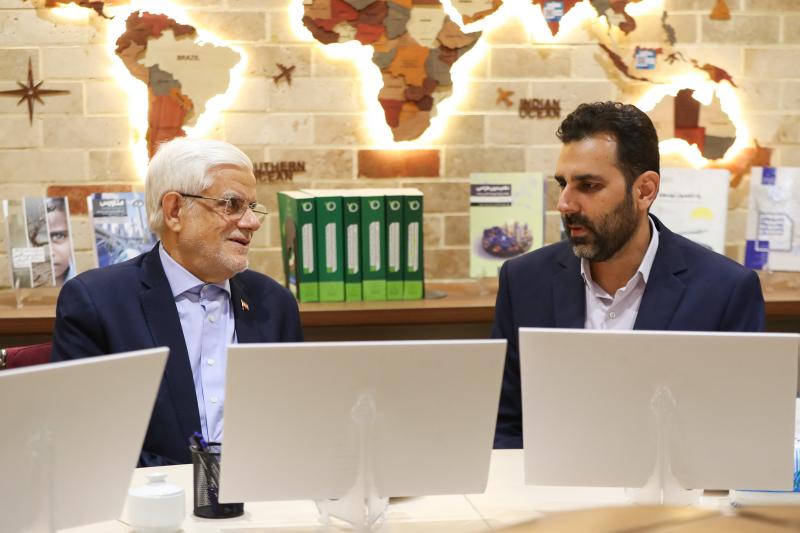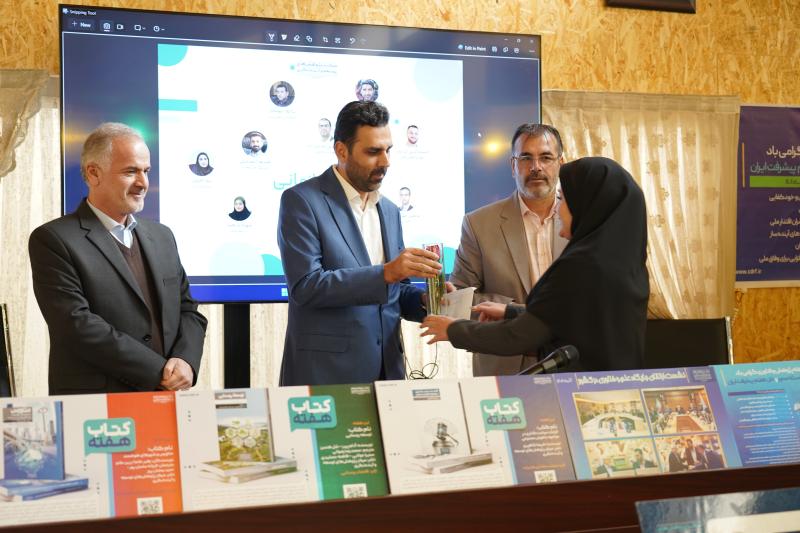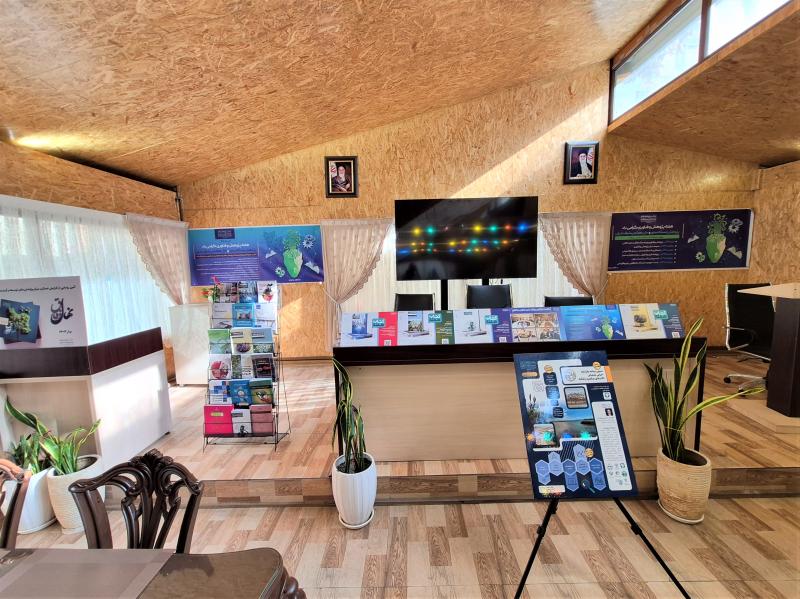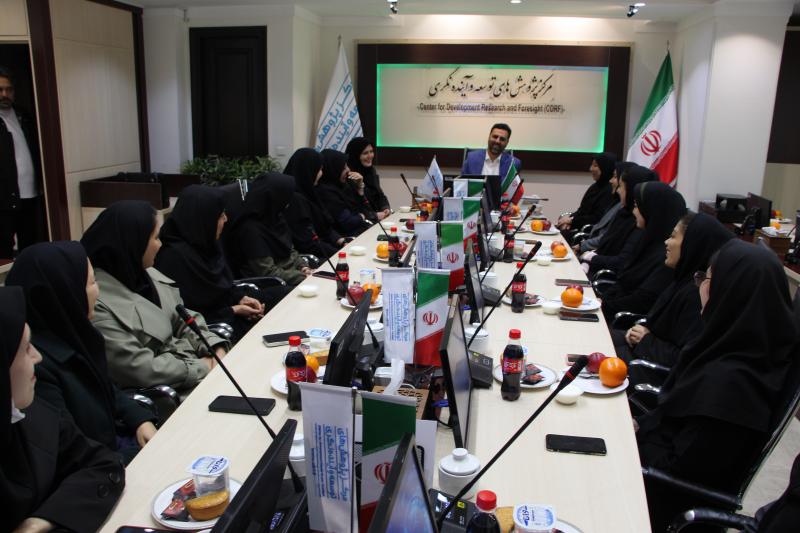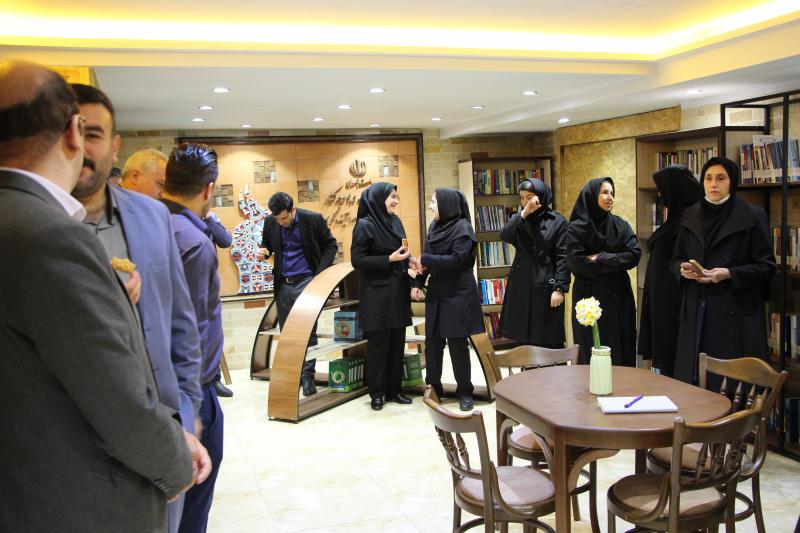
-
بررسی آییننامهها و دستورالعملهای برنامه هفتم پیشرفت
-
بررسی عوامل موثر بر افزایش تصادفات و تلفات جادهای و سوانح رانندگی و دادهکاوی تلفات انسانی
-
سازماندهی و بازآرایی فضایی آموزش عالی کشور
-
به روز رسانی سند ملی آمایش سرزمین
-
انجام مطالعات مناطق آزاد به عنوان نواحی پیشران اقتصادی کشور
-
اصلاح ساختار بودجه و پیاده سازی نظام یکپارچه مدیریت اطلاعات مالی دولت (IFMIS)
کلید واژه : Imbalance
تعداد اخبار : 12
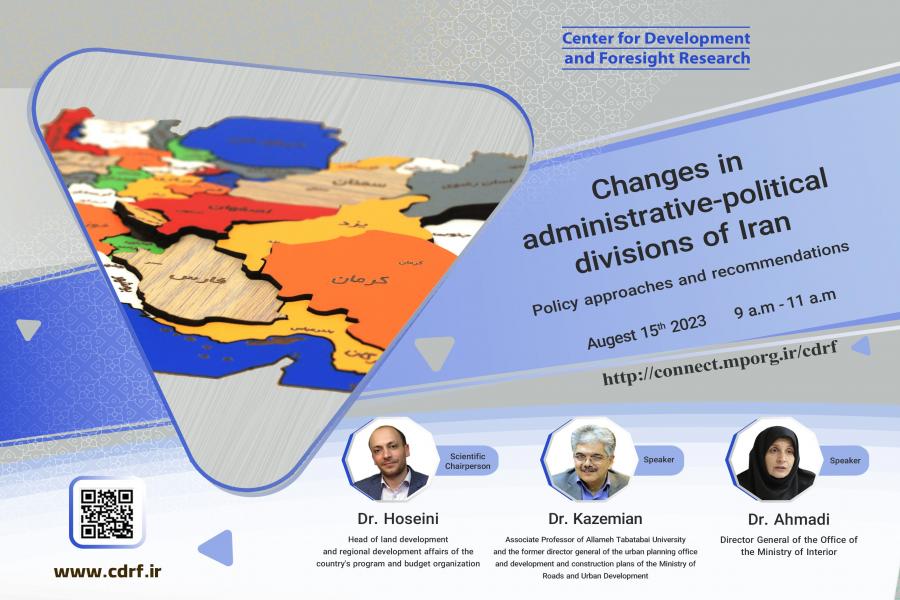
National Land Use Plan: The Key to Balanced Development and Budget Resource Allocation
The scientific-specialized conforence of "Transformations in the Administrative-Political Divisions of Iran: Approaches and Policy Recommendations" was held. .jpg)
Mass housing is the public demand from the government.
The scientific-specialized meeting entitled "Strategies for addressing the Housing Supply Crisis" was held with the presence of Mr. Rouhollah Akbari, Special Assistant to the Minister and Secretary of the Committee of Housing of the Ministry of Roads and Urban Development, as the scientific director, Dr. Mohammad Hossein Sharifzadegan, Professor at Shahid Beheshti University and former Minister of Welfare and Social Security, and Dr. Abolfazl Norouzi, Advisor to the Minister and Director General of the Housing Economy Office of the Ministry of Roads and Urban Development, as speakers.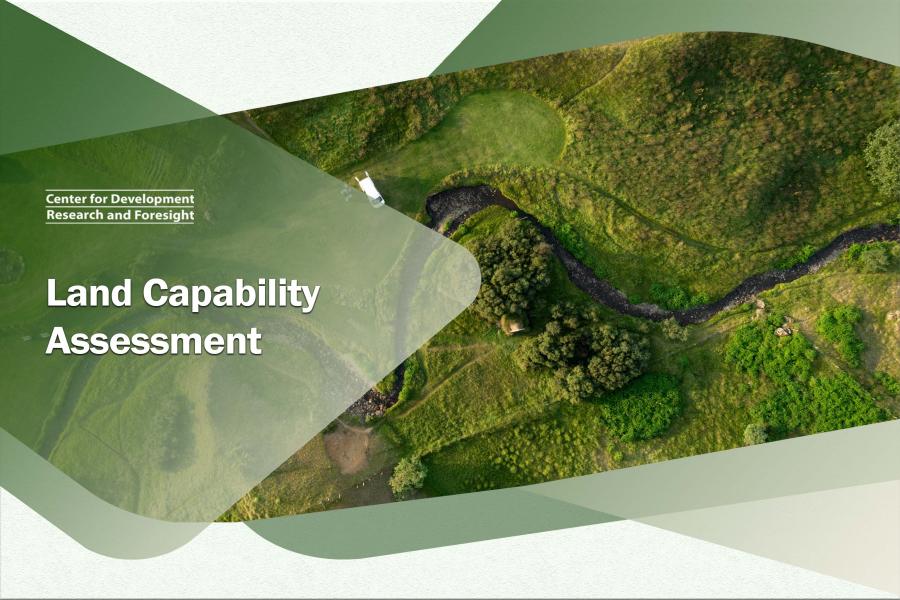
Land Capability Assessment
Environmental management is a crucial response to the crisis caused by rapid economic and social changes that affect the environment. Some of these challenges are global pollution, biodiversity loss, soil erosion, and urban sprawl. However, the pace of environmental monitoring, analysis, and planning has lagged behind the emergence of these problems.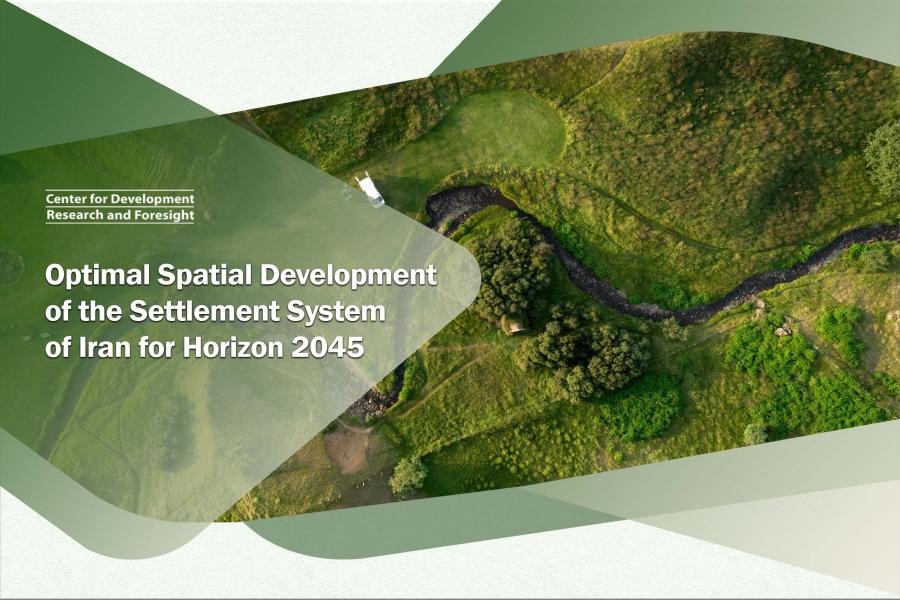
Optimal Spatial Development of the Settlement System of Iran for Horizon 2045
Space is the domain where all economic, political, social, and cultural relations of humans and the platform for all human activities are manifested and transformed. This domain is influenced and shaped by geographical, cultural, economic, and social characteristics and conditions. Throughout history, human civilizations have resulted in the formation of a specific type of space and settlement system organization of different ethnic groups and nations with diverse origins. However, these transformations, which occurred very slowly in the past, have had a very rapid and significant impact on spatial effects in recent centuries.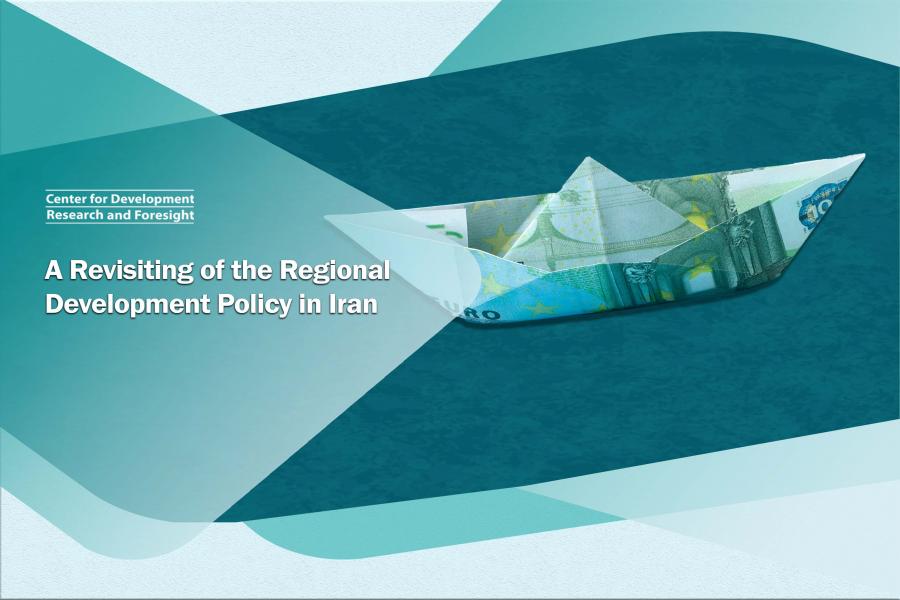
A Revisiting of the Regional Development Policy in Iran
This report elucidates the paradigm shifts pertaining to regional development policies in Iran. These policies have been predicated on two diametrically opposed economic growth strategies: the growth pole strategy, which centralizes investments in central regions, and distribution and redistribution policies, which are fundamentally anchored in principles of social justice.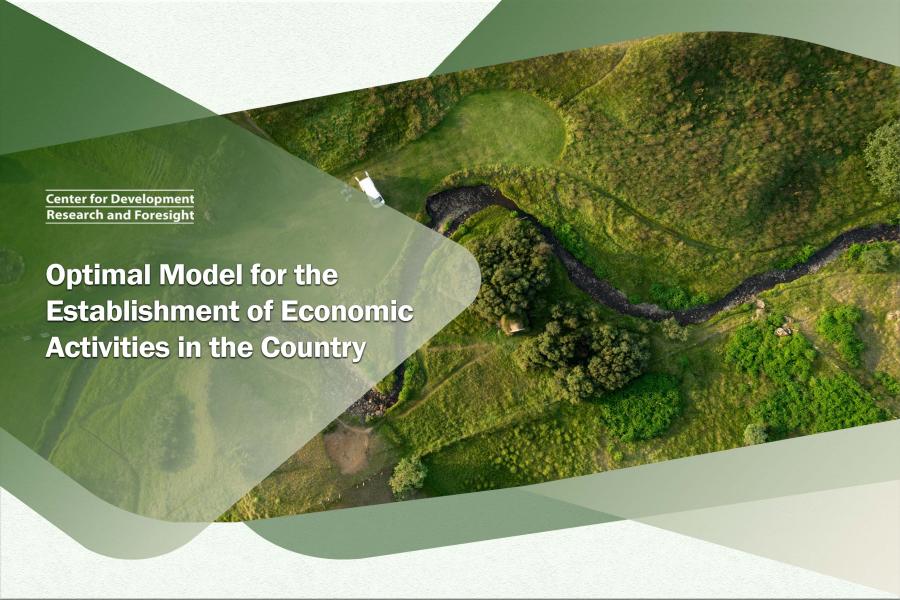
Optimal Model for the Establishment of Economic Activities in the Country
The various dimensions of economic, social, cultural, and environmental factors are essential for achieving sustainable development. Regional imbalances, inequalities, and significant challenges in the development process can arise from focusing only on economic growth in specific regions within a country. Hence, the distribution of economic activities across a territory should consider not only efficiency and economic advantage in different regions, but also other considerations and fundamental principles of spatial development. This study has developed a conceptual framework for determining the distribution of economic activities across a territory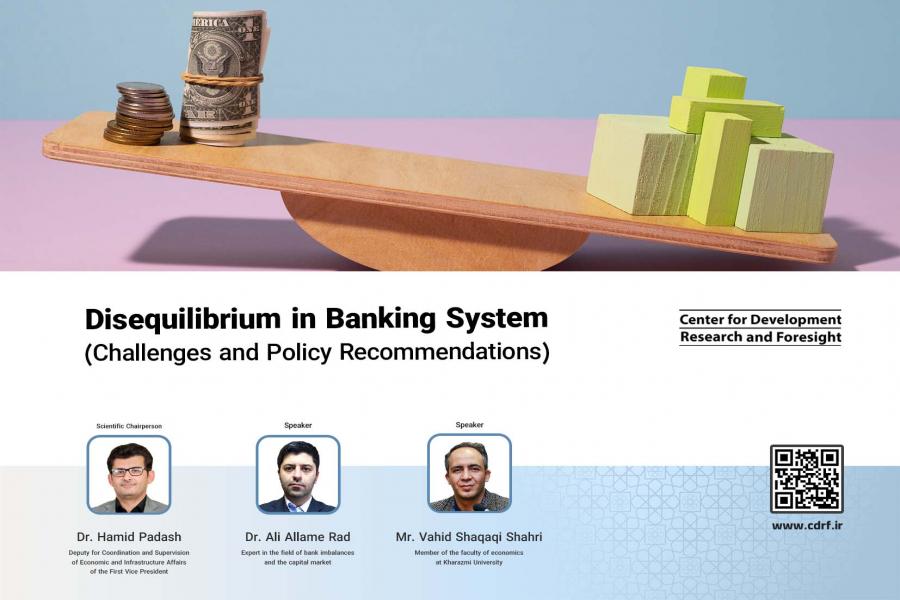
Disequilibrium in Banking System: Challenges and Policy Recommendations
The banking sector's disequilibrium has emerged as a pervasive and enduring challenge within the nation's macroeconomic framework. A series of strategic missteps have plagued the banking sector over the preceding four decades, including: the absence of unified Central Bank oversight from the late 1960s until 1994, despite formal recognition (substantive supervision remained deficient), the premature privatization of the banking industry without adequate national economic preparation, the imposition of government expenditures on private and non-governmental banks, particularly to offset a portion of the budget deficit, the perpetuation of a traditional view of money as a private commodity (a primary factor exacerbating domestic inflation), and vacillation between disparate economic schools, shifting from socialist to capitalist ideologies.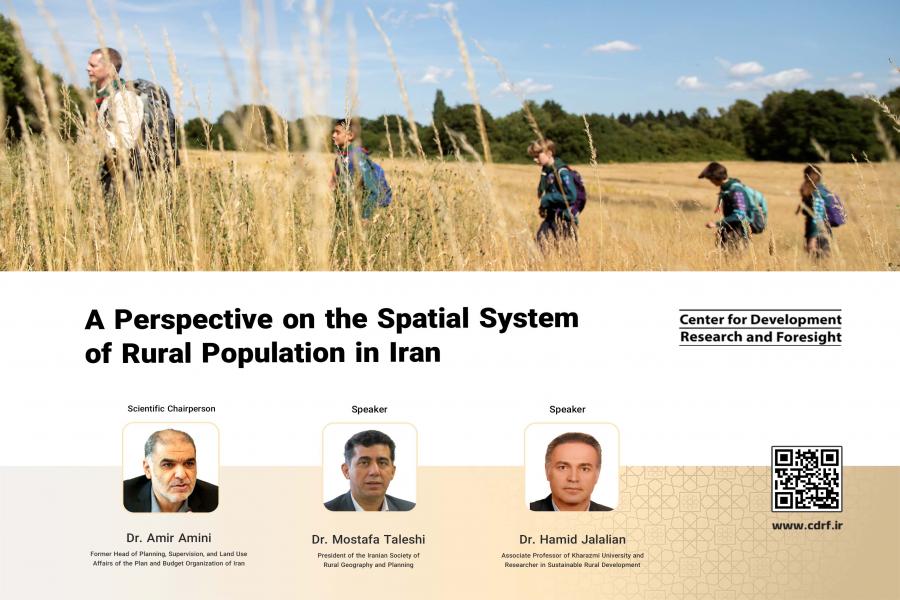
Exploring the Spatial Structure and Characteristics of Rural Population in the Country
Given the significance of the subject and the rural microsystem's role in shaping Iran's broader land area macro-ecosystem, an initial assessment of rural areas based on selected macro-social, economic, physical, and institutional indicators reveals that this microsystem faces obstacles in fulfilling its intended role in the national development landscape. These challenges have negatively impacted the rural system's vitality due to their cascading effects.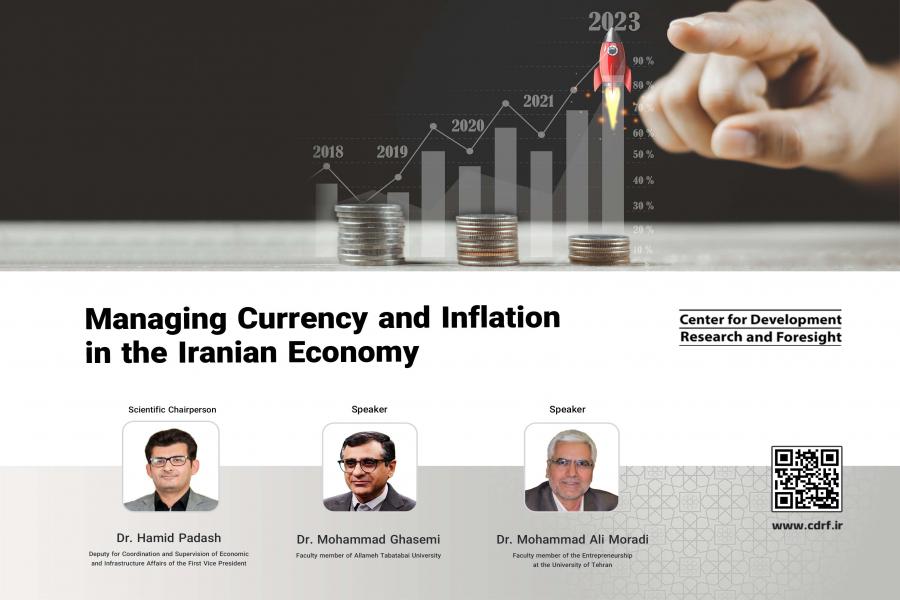
Exchange Rate and Inflation Policies in Iran's Economy
Inflation and exchange rate fluctuations have been persistent challenges in Iran's economy for several decades, leaving policymakers grappling with these issues. Double-digit inflation rates and currency shocks have become almost commonplace, characterizing the country's macro-economy for nearly half a century. However, in the past five years, these two issues have exacerbated Iran's economic situation, leading to unprecedented levels of inflation and exchange rates. Addressing inflation has become a priority in the country's policymaking, as reflected in the current year's slogan.
Shedding light on the Minimum Wage Policy in Iran
The recent conference titled “Shedding light on the Minimum Wage Policy in Iran” at the Center for Development Research and Foresight brought together economists and policymakers to discuss the country's wage policies. Hojjatollah Mirzaei, a faculty member at Allameh Tabataba'i University, criticized the recent wage hikes as inadequate and unevenly implemented. He argued that they failed to keep pace with inflation, leaving workers worse off, and called for the government to be more transparent about the basis for the increases. Mirzaei also expressed concern about the lack of consistency across different sectors, noting that some firms struggle to comply with the mandated increases. He emphasized the need for a more nuanced approach that considers the specific challenges of different industries.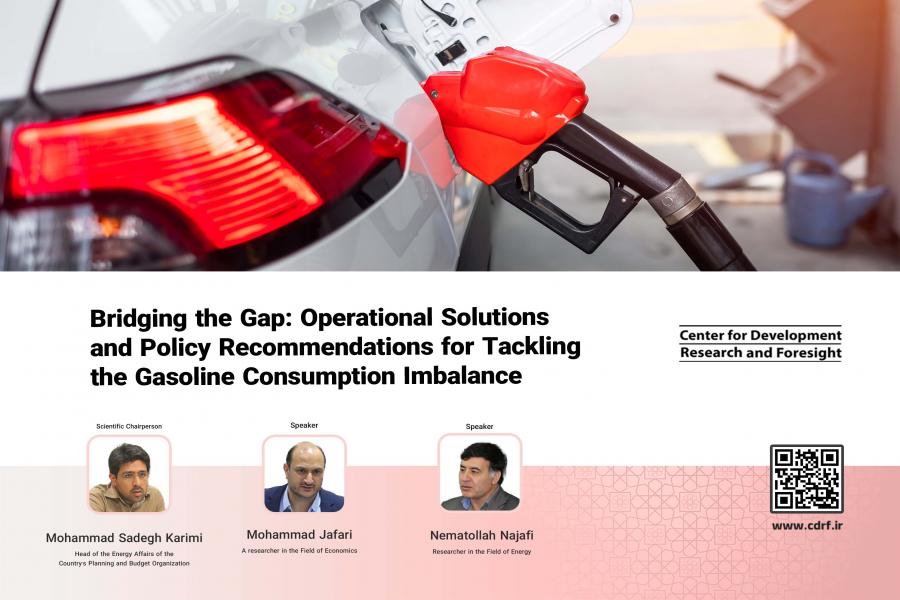
Bridging the Gap: Operational Solutions and Policy Recommendations for Tackling the Gasoline Consumption Imbalance
Iran is facing a growing problem at the pump. The country is burning through gasoline at an alarming rate, and experts are calling for action. In the recent conference titled “Bridging the Gap: Operational Solutions and Policy Recommendations for Tackling the Gasoline Consumption Imbalance” at the Center for Development Research and Foresight, key figures from government and academia discussed a range of solutions to bridge the gap between Iran's fuel consumption and supply.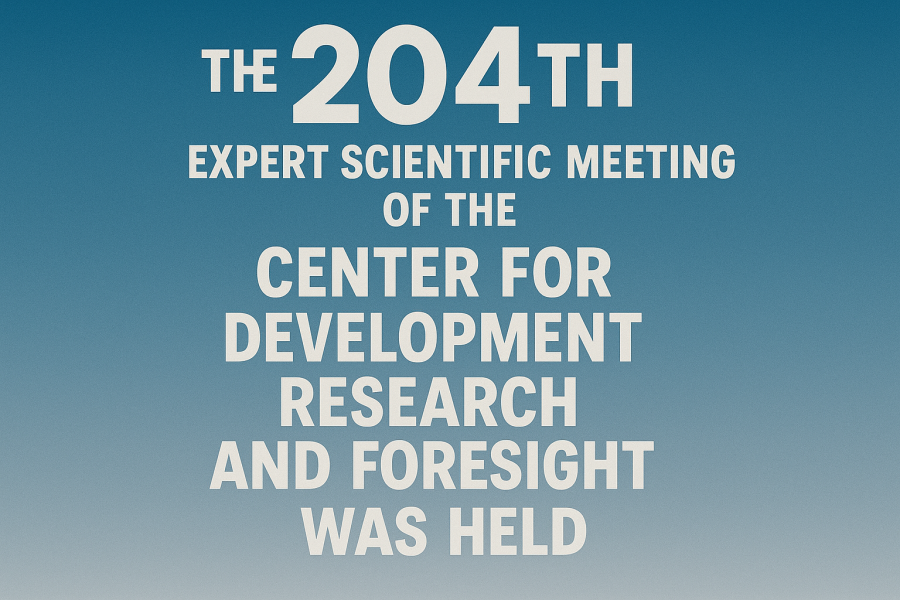
The 204th Expert Scientific Meeting of the Center for Development Research and Foresight (CDRF) was held.
According to the Public Relations Office of the CDRF, the 204th Expert Scientific Meeting of the CDRF was held on Tuesday, April 15, 2025, under the title 'The Government's Orientation in Fulfilling the 1404 Slogan (Investment for Production).
امروز : سه شنبه، ۲۸ بهمن ۱۴۰۴

